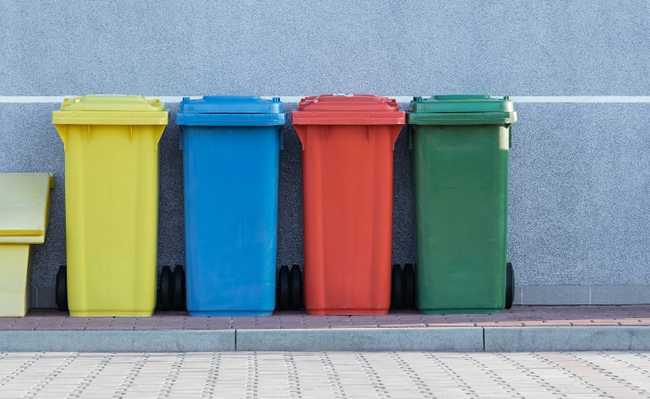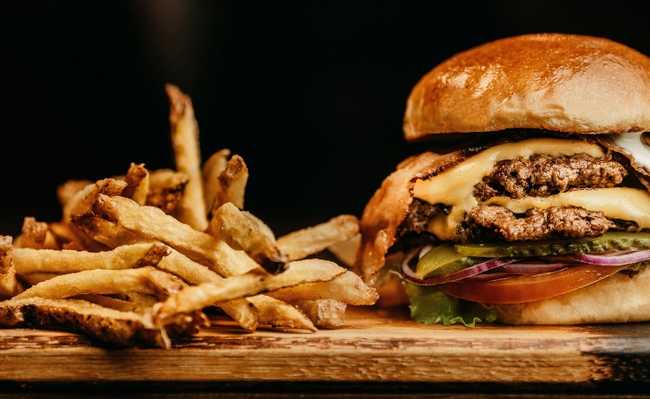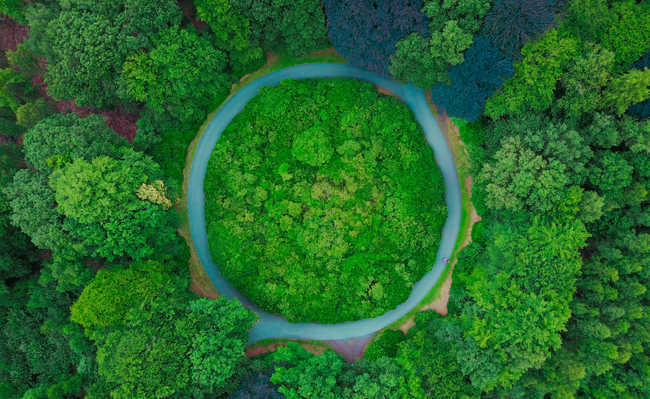Brazilian Business Council for Sustainable Development publishes article on circular economy
Circular economy is an opportunity for sustainable development, says CEBDS. Check the full text:

Edited and resized image by Thomas Lambert is available on Unsplash
One of the greatest challenges of contemporary society is dealing with the excessive generation and safe disposal of solid waste. The global concern regarding solid waste, especially domestic waste, has increased with the growth of production, inadequate management and the lack of proper disposal areas.
- What is Municipal Solid Waste?
The theme has been a priority since the Rio 92 conference for contributing directly or indirectly to global warming and climate change. Since then, new priorities have been incorporated into the sustainable management of solid waste, aiming at a paradigm shift that has guided the actions of governments, society and industry.
- What is global warming?
Among these priorities are the reduction of waste in generating sources and the reduction of final disposal in the soil; the maximization of reuse, selective collection and recycling, with the socio-productive inclusion of collectors and participation in society; in addition to composting and energy recovery.
- Recycling: what is it and why is it important
Inadequate management and solid waste disposal cause social and environmental impacts, such as soil degradation, degradation of water bodies and sources, intensification of floods, contribution to air pollution and proliferation of vectors of sanitary importance in urban centers and in collection activities selective, which often happens in unhealthy conditions in the streets and areas of final disposal.
It is increasingly evident that the adoption of sustainable patterns of production and consumption, as well as the proper management of solid waste can significantly reduce impacts on the environment and health.
The greatest consumption of resources on the planet and the greatest generation of waste occurs in urban cities, where most occupations are residential (buildings), commercial and industrial.
In society, especially in urban centers, consumerism is a cultural value. Compulsive consumption generates an increase in the use of material resources and waste generation in a linear mentality.
- Consumerism and awareness
Each Brazilian produces a kilo of waste per day. With population growth, especially in urban areas, we can get an idea of the scale of the problem.
Sustainable cities have been highly recognized as an important issue since the Rio 92 conference. Since 2015, cities have their own “space” in the Sustainable Development Goals (SDGs), which were adopted in 2015 by 193 united nations member states.
SDG 11: making cities and human settlements inclusive, safe, resilient and sustainable
One of the objectives of SDG 11 is: “by 2030, reduce the per capita environmental impact of cities, including paying special attention to air quality and municipal and waste management”.
Concern about waste is also present in the New Urban Agenda (NAU), which was adopted at the United Nations Conference on Housing and Sustainable Urban Development, known as Habitat III, held in Quito, Ecuador, in October 2016. Among its topics we can find:
- Waste management and minimization of all waste;
- Transition to a circular economy.
- What is Circular Economy?
We need to learn to see waste in another way... As a resource!
Brazil produces more than 78.3 million tons of solid waste per year, of which 13.5% - the equivalent of 10.5 million tons - is made of plastic.
If the entire amount of plastic were recycled, it would be possible to return about $1.3 billion to the economy, according to a survey by the national union of urban cleaning companies.
Thinking about waste as a resource, imagine: you drink your coffee and the coffee beans used can be transformed into:
- Fertilizer
- bus fuel
An startup realized the energy potential that the coffee residue could have as a source of residential and industrial fuel; instead, turning trash into a valuable resource. With the support of big companies, they are creating a coffee-derived b20 biofuel on a scale large enough to help power some of London's buses - one of the busiest and most iconic networks in the world.
According to Arthur Key, founder of a cleantech company, "This is a great example of what can be done when we re-imagine waste as an untapped resource."
We can go even further!
We can rethink the entire system, changing from linear to circular.
According to the World Business Council for Sustainable Development (WBCSD), the circular economy is a $4.5 trillion opportunity. It has enormous potential for global economic growth and also accelerates society towards a sustainable future.
This is the biggest opportunity to transform production and consumption since the first industrial revolution 250 years ago. By unleashing circular innovation, we can boost the resilience of the global economy, support people and communities around the world, and help meet the Paris agreement and unsustainable development goals.
Some companies are already implementing the concept of circular economy, changing part of their business: from selling a product to a service.
A company in the tire manufacturing sector, for example, allows customers who own a fleet of vehicles to take advantage of the lease of tires, which are sold as a service, paid for by miles driven. The products are used by one or many customers through a lease agreement. Customers don't have to deal with maintenance issues of any kind. To recover the tires at the end of the cycle, the company makes sure that the design and material selection can be reprocessed for tires. Or as a filling material for construction.
Other large companies are analyzing their production processes, looking for opportunities to improve them in a circular fashion. And you reader, how about asking how to review your consumption pattern to help your city become more circular?










